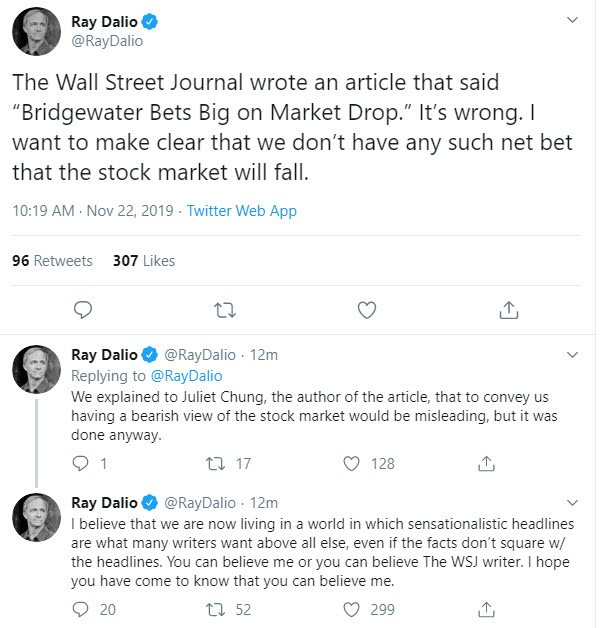“Five Market Wizard Lessons”
Hedge Fund Market Wizards is ultimately a search for insights to be drawn from the most successful market practitioners. The last chapter distills the wisdom of the 15 skilled traders interviewed into 40 key market lessons. A sampling is provided below:
1. There Is No Holy Grail in Trading
Many traders mistakenly believe that there is some single solution to defining market behavior. Not only is there no single solution to the markets, but those solutions that do exist are continually changing. The range of the methods used by the traders interviewed in Hedge Fund Market Wizards, some of which are even polar opposites, is a testament to the diversity of possible approaches. There are a multitude of ways to be successful in the markets, albeit they are all hard to find and achieve.
2. Don’t Confuse the Concepts of Winning and Losing Trades with Good and Bad Trades
A good trade can lose money, and a bad trade can make money. Even the best trading processes will lose a certain percentage of the time. There is no way of knowing a priori which individual trade will make money. As long as a trade adhered to a process with a positive edge, it is a good trade, regardless of whether it wins or loses because if similar trades are repeated multiple times, they will come out ahead. Conversely, a trade that is taken as a gamble is a bad trade regardless of whether it wins or loses because over time such trades will lose money. (more…)

